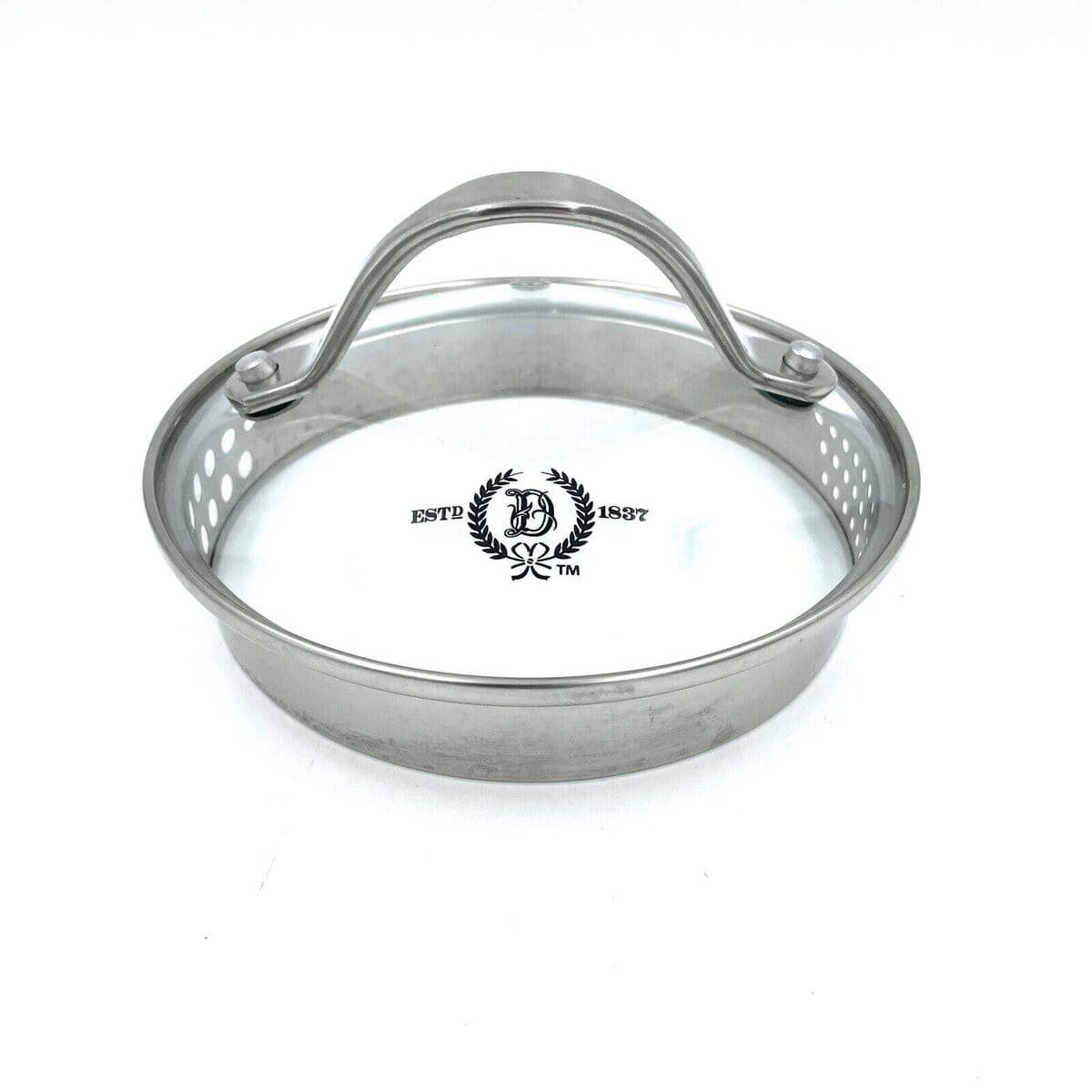Watermelon is a refreshing and delicious fruit that is enjoyed by many during the summer months. However, when it comes to the seeds, there is often confusion about whether or not they are safe to eat. The answer is yes, watermelon seeds are safe to eat and can even provide some health benefits.
According to nutrition experts, watermelon seeds are safe to eat when they are 100% raw. They are a good source of protein, healthy fats, and minerals such as magnesium, potassium, and zinc. In fact, some people even roast or sprout watermelon seeds to enhance their flavor and nutritional value. However, it is important to note that consuming large amounts of watermelon seeds may cause digestive issues due to their high fiber content.
Nutritional Value of Watermelon Seeds
Watermelon seeds are a great source of nutrition. They contain essential vitamins and minerals such as folate, manganese, zinc, protein, and iron. In this section, we will explore the nutritional value of watermelon seeds.
Protein Content
Watermelon seeds are a good source of protein. One ounce (28.35 grams) of watermelon seeds contains approximately 8 grams of protein. This makes them a great snack for people who are looking for a plant-based source of protein.
Mineral Content
Watermelon seeds are rich in minerals. One ounce (28.35 grams) of watermelon seeds contains approximately:
- 15.3 mg of calcium
- 2.06 mg of iron
- 146 mg of magnesium
- 214 mg of phosphorus
- 184 mg of potassium
- 2.9 mg of zinc
Vitamin Content
Watermelon seeds are also a good source of vitamins. One ounce (28.35 grams) of watermelon seeds contains approximately:
- 16.4 mcg of folate
- 0.1 mg of thiamin
- 0.1 mg of riboflavin
- 0.3 mg of niacin
- 0.1 mg of vitamin B6
Watermelon seeds also contain a small amount of vitamin E and vitamin K.
Can You Eat Watermelon Seeds?
Watermelon is a refreshing summer fruit that is enjoyed by many. However, when it comes to eating watermelon seeds, there is some confusion. Some people believe that consuming watermelon seeds can cause health problems, while others argue that they are perfectly safe to eat. So, can you eat watermelon seeds?
Risks of Eating Watermelon Seeds
One common concern is that watermelon seeds can lead to the growth of a watermelon plant inside the stomach. This is a myth. Watermelon seeds are not capable of growing inside the human body, as they require soil, water, and sunlight to germinate.
Another worry is that watermelon seeds may cause intestinal blockages or digestive problems. While it is true that consuming large amounts of seeds may cause discomfort, it is generally safe to eat them in moderation. However, it is important to note that some people may be allergic to watermelon seeds, and should avoid consuming them.
Benefits of Eating Watermelon Seeds
Watermelon seeds are a good source of protein, healthy fats, and minerals such as magnesium, phosphorus, and potassium. They also contain fiber, which can aid in digestion and promote feelings of fullness.
In addition, watermelon seeds may have some health benefits. For example, they are rich in antioxidants, which can help protect the body against cellular damage and reduce the risk of chronic diseases such as cancer and heart disease. Some studies have also suggested that watermelon seeds may have anti-inflammatory and anti-diabetic properties.
How to Eat Watermelon Seeds?
Watermelon seeds are a nutritious and tasty snack that can be enjoyed in a variety of ways. Here are three popular methods:
Roasting Watermelon Seeds
Roasting watermelon seeds is a great way to bring out their nutty flavor and make them a crunchy snack. Here’s how to do it:
- Rinse the seeds in water to remove any excess pulp.
- Spread the seeds out on a baking sheet and sprinkle with salt or other seasonings of your choice.
- Roast in the oven at 325°F (160°C) for 15-20 minutes, or until golden brown.
- Let cool and enjoy!
Sprouting Watermelon Seeds
Sprouting watermelon seeds can increase their nutritional value and make them easier to digest. Here’s how to do it:
- Rinse the seeds in water and soak them in a bowl of water for 24 hours.
- Drain the water and spread the seeds out on a damp paper towel.
- Cover with another damp paper towel and leave in a warm, dark place for 2-3 days.
- Once the seeds have sprouted, they can be eaten raw or roasted.
Eating Watermelon Seeds Raw
Eating watermelon seeds raw is the simplest way to enjoy them. Here’s how to do it:
- Rinse the seeds in water to remove any excess pulp.
- Pat them dry with a towel.
- Eat them as a snack or sprinkle them on top of salads, yogurt, or oatmeal.
It’s important to note that while watermelon seeds are safe to eat, they should be consumed in moderation as they are high in calories. Additionally, people with nut allergies should avoid eating watermelon seeds as they may cause an allergic reaction.
Conclusion
In conclusion, watermelon seeds are safe to eat and offer various health benefits. They are an excellent source of magnesium, fiber, and protein, which are essential nutrients for the body. However, it is important to consume them in moderation as they also contain phytates, which can interfere with mineral absorption.
Roasting watermelon seeds without any added salt is the best way to enjoy them as a snack. This will help in the management of hypertension and regulate blood pressure. Additionally, watermelon seeds are a great alternative to unhealthy snacks like potato chips.
It is important to note that watermelon seeds should not be consumed in excess as they can cause digestive issues. It is recommended to eat them in small quantities and gradually increase the intake over time.
Overall, incorporating watermelon seeds into a balanced diet can provide numerous health benefits and offer a tasty snack option.



